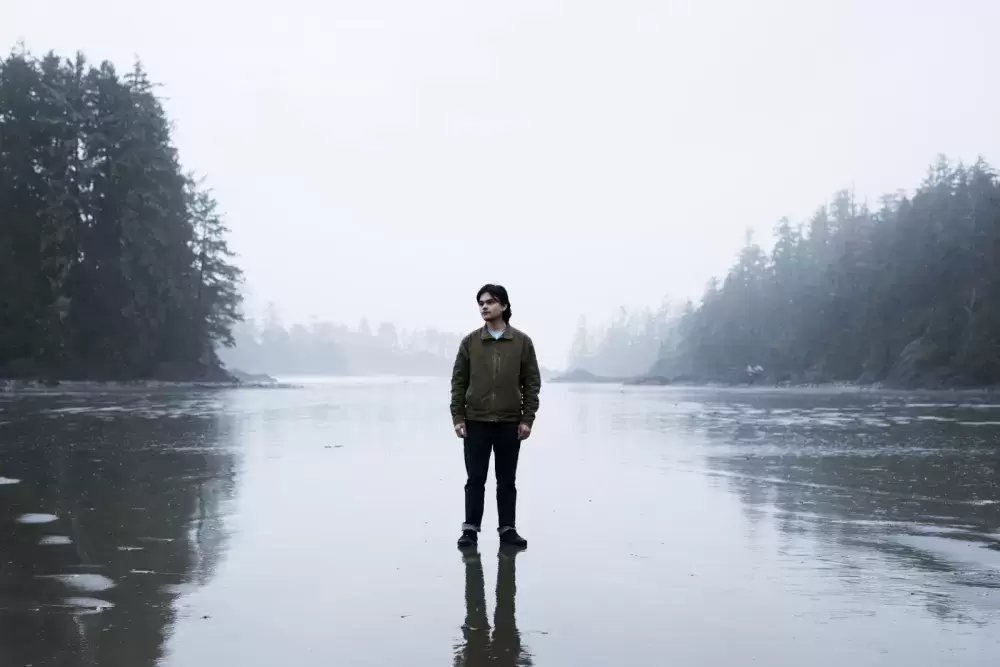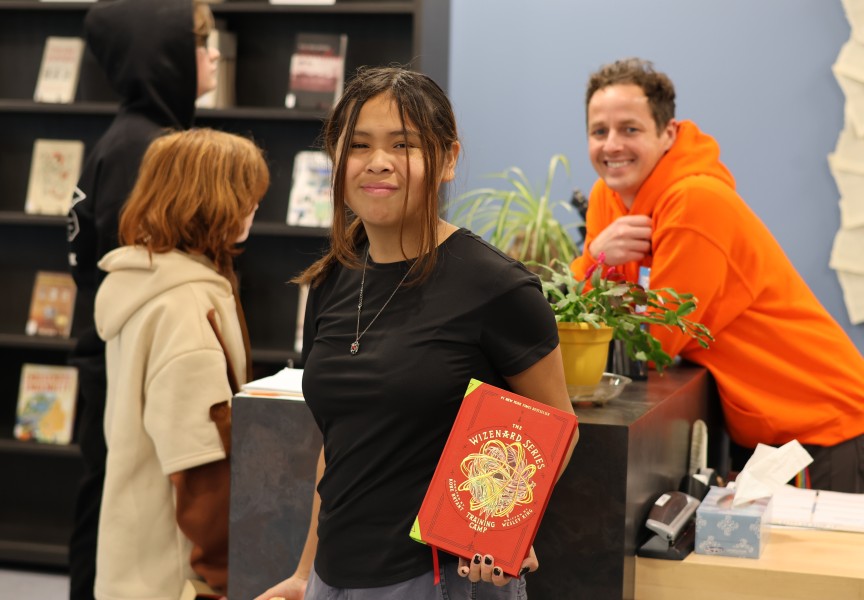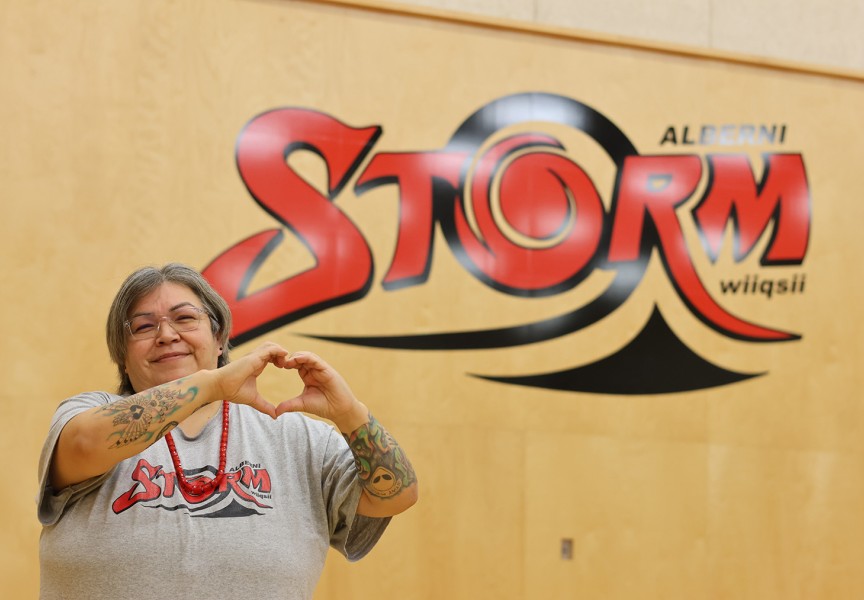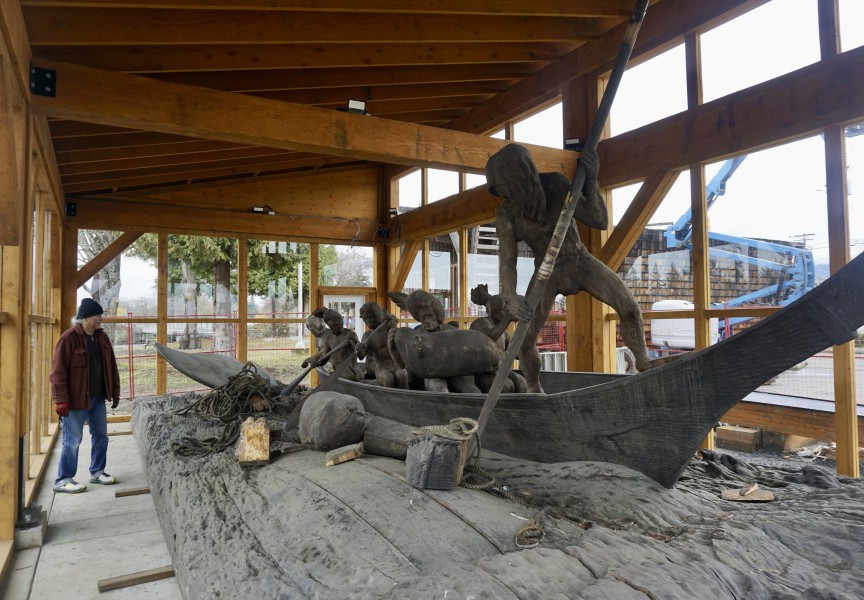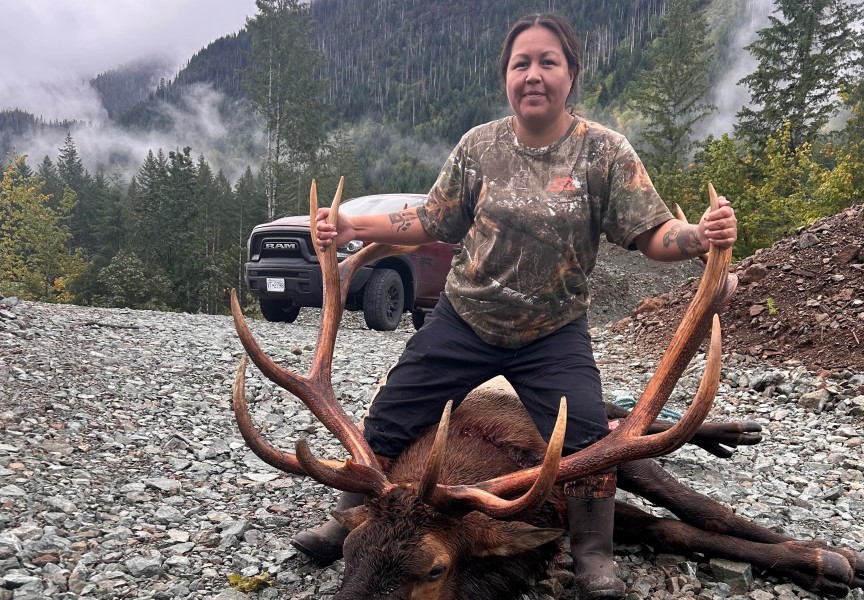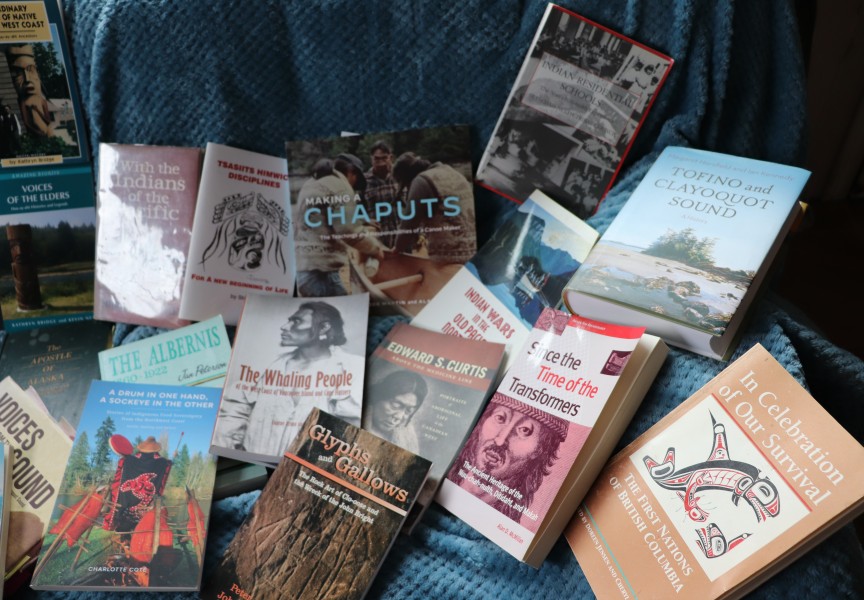Over three years ago, Hayden Seitcher spent a lot of time at home in Ty-Histanis sulking.
At 16 years old, he felt cynical of the world outside his shell.
“I was expecting the world to turn on me,” he said. “I was just in my own bubble.”
That bubble was popped when Seitcher was invited to join the Tla-o-qui-aht Warrior program.
Designed to foster brotherhood and build leadership in First Nations youth through land-based learning, the Warrior program re-ignited the “fire that burned inside,” he said.
Through weekly meet-ups and monthly camping trips, the program is challenging the complicated legacies of colonialism by teaching young men to respect their bodies, respect their sexuality and respect each other. While out on the land, they are learning to listen to their ancestors and re-connecting to their culture and language.
With newfound purpose, Seitcher’s mindset and habits began to shift.
“It was a safe place to gather where it didn’t feel like you had to be someone you’re not,” he said. “It was a good way to gain other perspectives on life – to connect yourself to culture, other people [and] to connect to the land around you.”
Ricardo Manmohan launched the program with the Yuułuʔiłʔatḥ First Nation as the Hitacu Warriors over six years ago. The initiative has since expanded to five other Nuu-chah-nulth nations, including Tla-o-qui-aht, Ahousaht, Ka:'yu:'k't'h'/Che:k:tles7et'h' , Tseshaht and Huu-ay-aht First Nations.
What started with only a few youth who consistently showed up for weekly gatherings has blossomed into a group of over 50 young men across the five nations.
“It’s a brotherhood,” said Manmohan. “It’s a family that’s forming.”
With growing interest from the youth, nations across the province, like Haida Gwaii, have been inquiring about how to adopt the program into their own communities.
But as momentum was building, COVID-19 brought it to a halt.
Unable able to gather in large numbers, the weekly meetings and monthly camp-outs have been put on pause since March.
“I’ve become a lot more anti-social,” said Seitcher. “I do miss going out camping – I think about that weekly.”
Undefeated, Manmohan has been forging ahead by trying to provide opportunities for the youth leaders to develop new skills while in isolation.
Through training in coordination, planning and grant writing, Manmohan’s mentorship is designed to support the youth leaders in each community to eventually take over in leading their “warriors” out on the land. His ultimate aim is for the youth leaders to introduce the program to other nations and teach new cohorts of youth how to run it in their own territories.
After years of breaking ground without any outside funding, the First Nations Health Authority (FNHA) has stepped forward with pilot funding for the project. The operational backing means that Manmohan can finally purchase the camping equipment, food and transportation he requires to take the growing number of youth out on the land when it’s safe to do so. It also means that each nation is able to hire a youth coordinator who will help to plan and organize overnight camping trips.
James Walton first joined the Tla-o-qui-aht Warrior program when he was 13. At the time, it was under his mother’s direction, but now he works as a youth leader of his own volition.
Since then, Walton acquired basic wilderness survival skills, including first aid and power saw training, but above all else, he said it’s the talking circles that have left the biggest mark.
In circle, the youth voluntarily take turns answering questions such as, “how was your day,” and “is there anything on your mind?”
Walton said that it took a long time to open up, but after he saw other boys and men sharing their worries and fears he felt like a trust was formed.
“No one is here to judge,” he said.
In time, the talking circles became a space where Walton felt comfortable to confront his emotions and shed his layers, undistracted by the digital world.
Looking forward, he dreams about the next time the Tla-o-qui-aht warriors are able to return to the land and gather as a group at Effingham. Both Walton and Seitcher plan to apply for the youth coordinator position.
“It’s hard to transition into [becoming] an adult,” said Walton. “These experiences really helped me.”
For Seitcher, it’s his way of giving back to the program which has changed his life “in big ways and small ways.”
“It’s given me more confidence and it’s allowed me to understand that there’s a lot of other perspectives in the world,” he said. “It’s also understanding that everyone has their reasons for who they are and learning to love yourself.”


